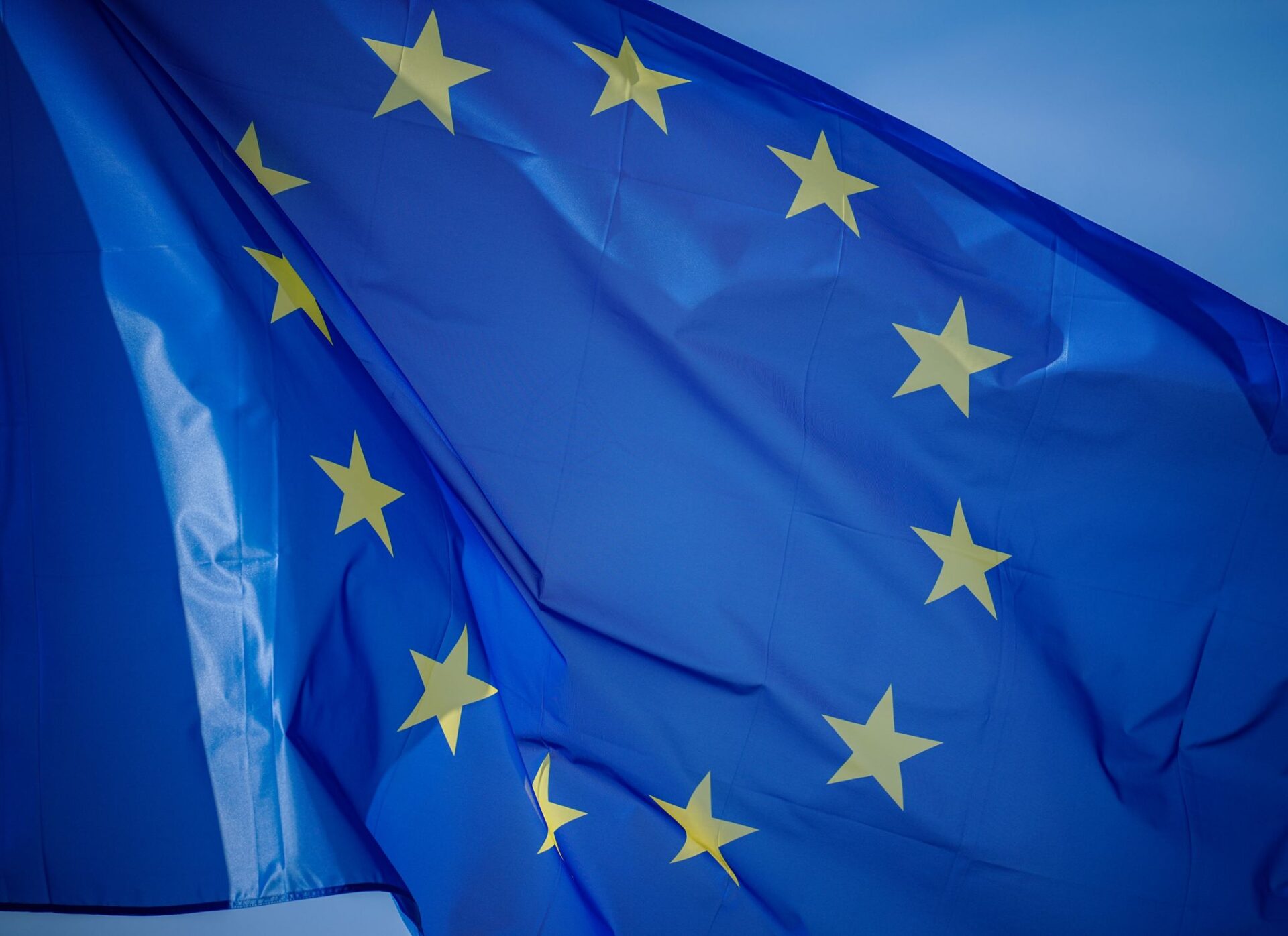 Have the article read by OpenAI (Beta). Please note that AI translations may take some time to process.
Have the article read by OpenAI (Beta). Please note that AI translations may take some time to process.Brussels (dpa) – The idea is “frontloading certain benefits and obligations of EU membership” before a country becomes a full member. Such “gradual integration” should be “merit-based and reversible,” said a commission report published on Wednesday. The commission is to ensure that “both the EU and future Member States are well-prepared” for enlargement.
Previous waves of enlargement, from 2004 onwards, have included transition periods that allowed existing members to limit labour market access for citizens of new member states for up to eight years. But such transition periods were not reversible, because the new countries were already full members and the restrictions had to be lifted by a set date.
Besides labour market access for citizens, EU membership gives new member states decision-making power over EU laws, complicating an already messy legislative process. Enlargement also adds another country in which the commission needs to “maintain undisputed respect for and continued application of the EU’s core values,” the report notes.
In recent years, the commission has withheld EU budget payments to Hungary and Poland over rule of law concerns. Both countries joined the European Union in 2004.
The commission’s new approach offers “enhanced avenues for ‘gradual integration’ of enlargement countries into selected EU policies, already before their accession.”
But full access to the EU’s market would require “full adherence to a single comprehensive set of rights and obligations, which cannot be ‘à la carte,'” the report said.
The current candidates for EU membership are Ukraine, Moldova, Georgia, Albania, and the former Yugoslav republics of Serbia, Montenegro, North Macedonia and Bosnia-Herzegovina. Turkey is also officially a candidate, though talks have stalled. (March 20)
The editorial responsibility for the publication lies with dpa.
